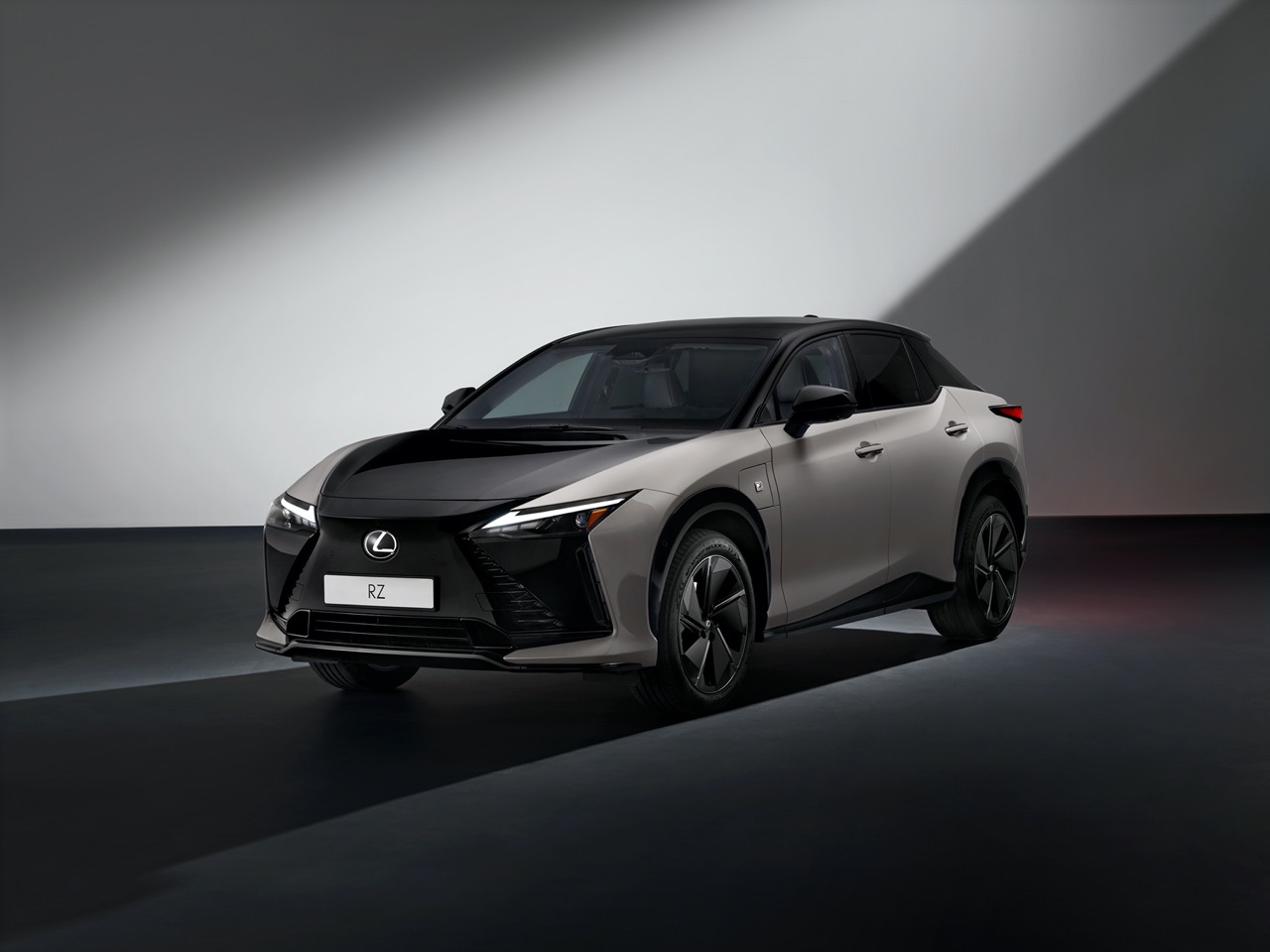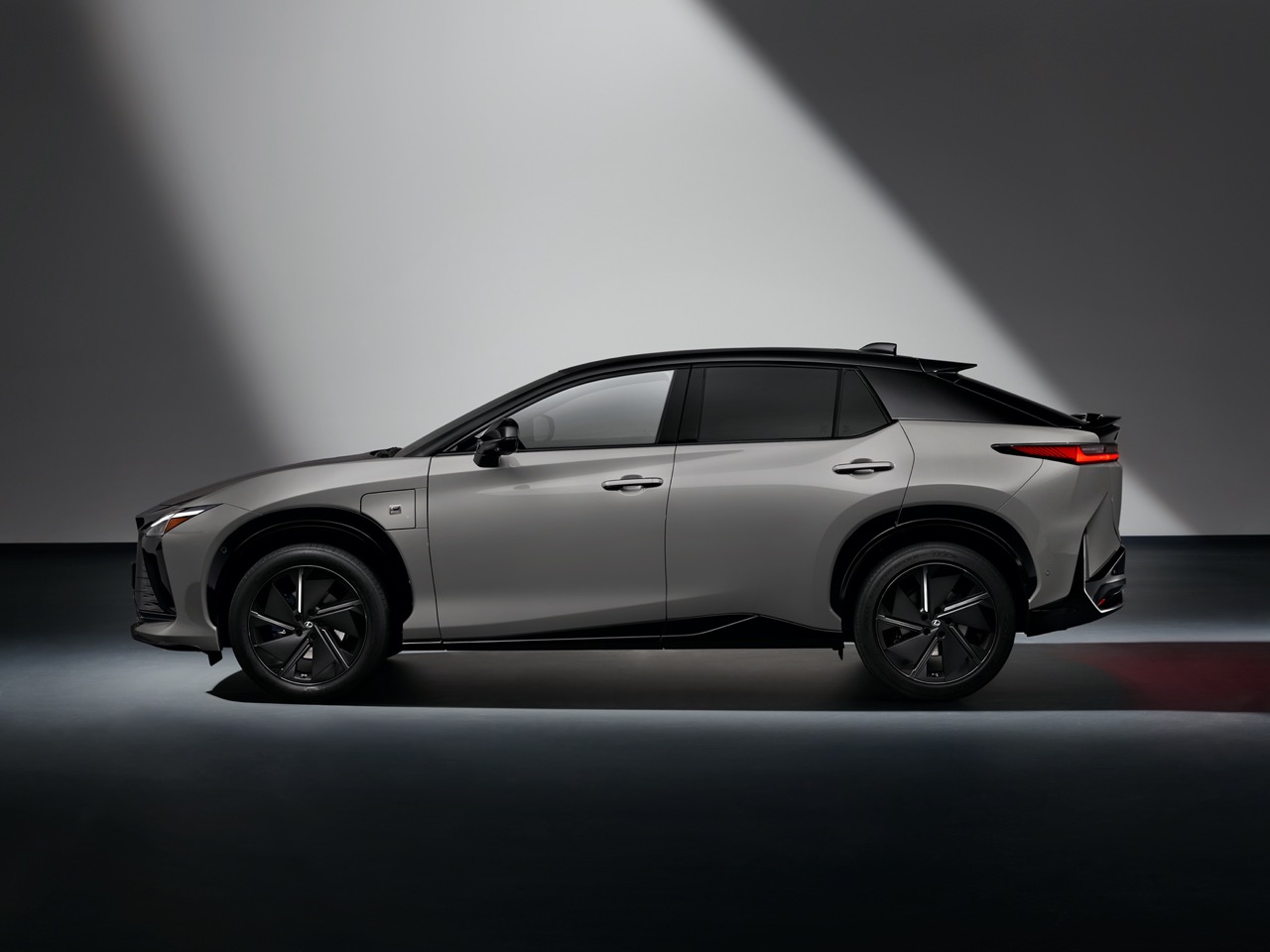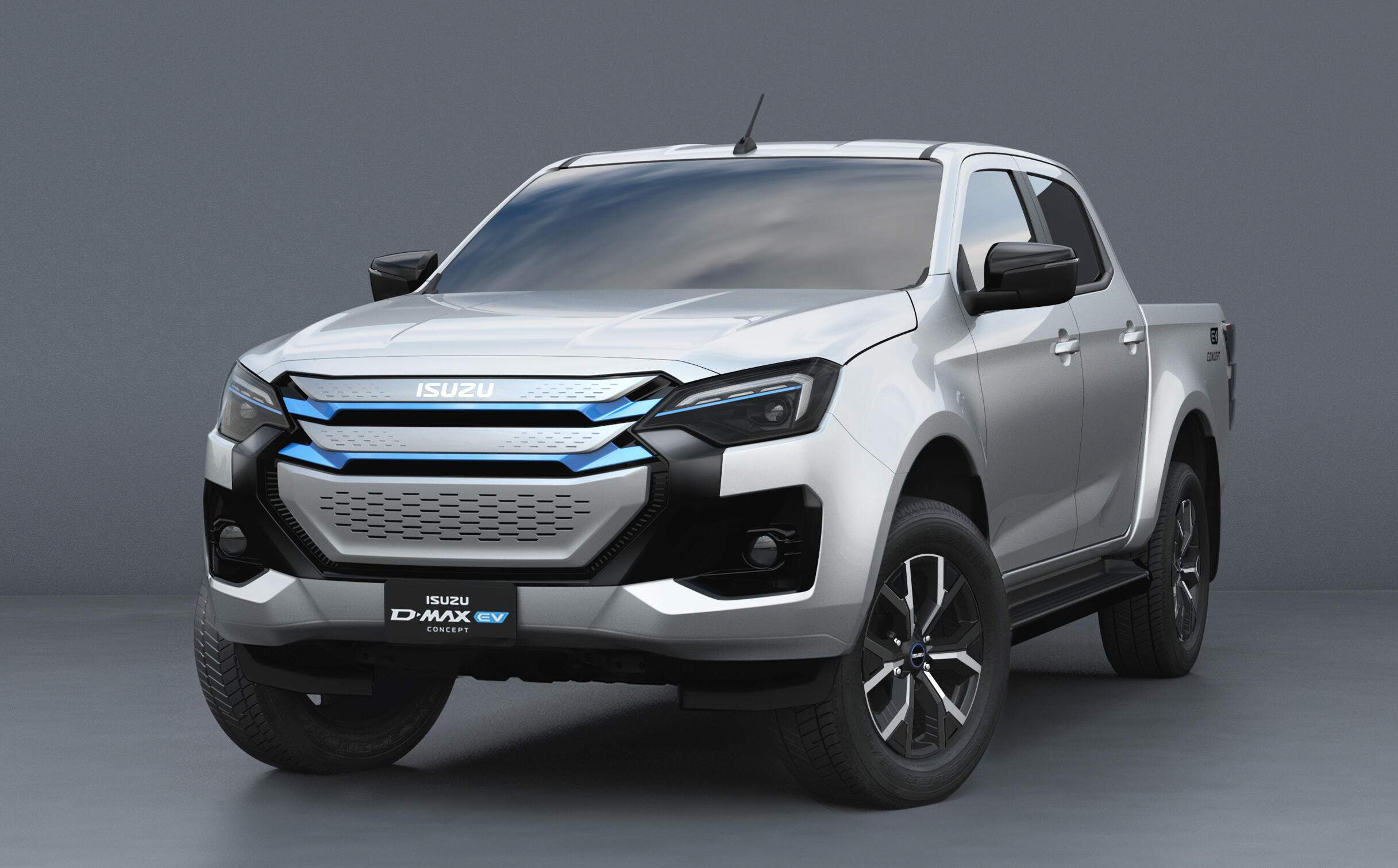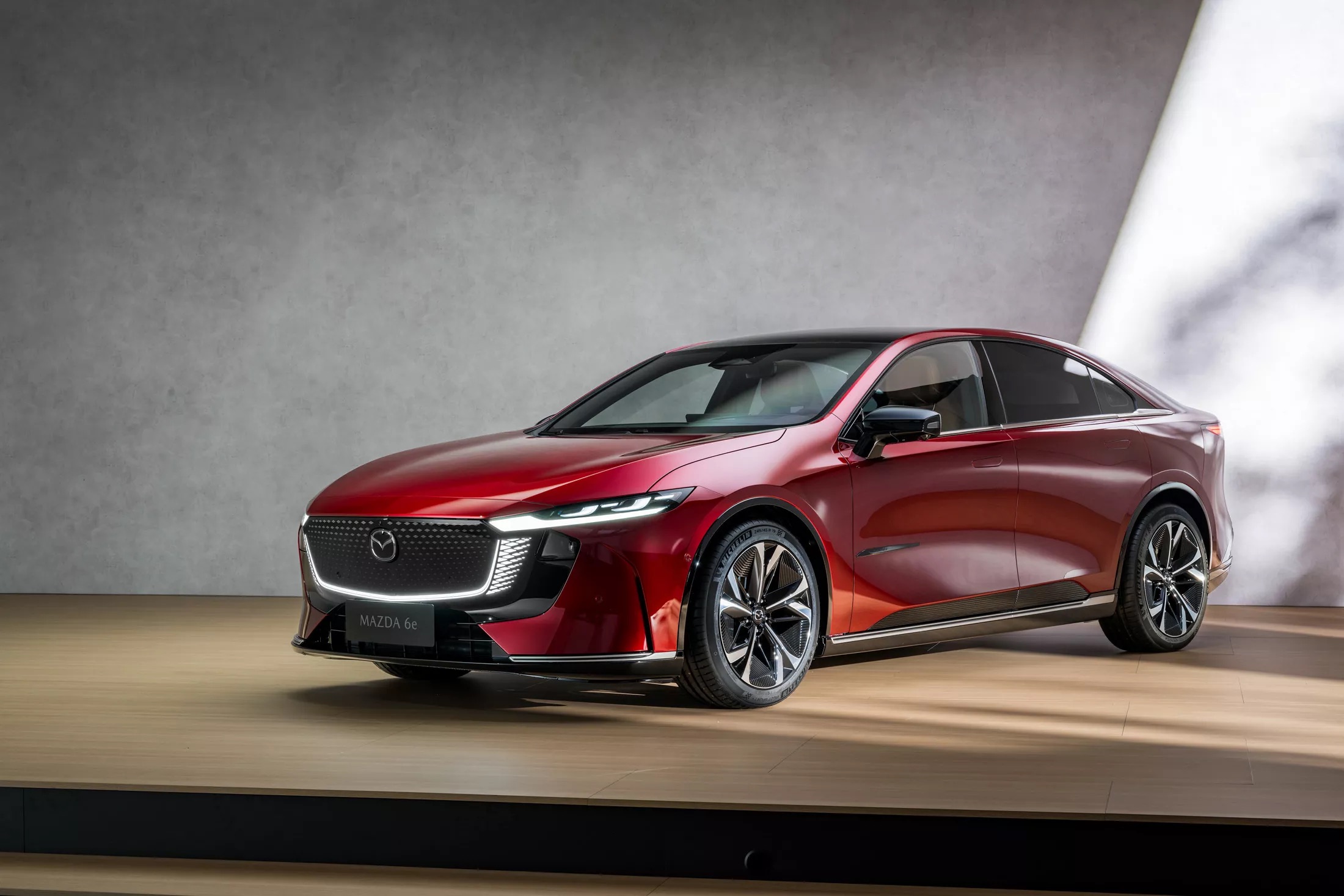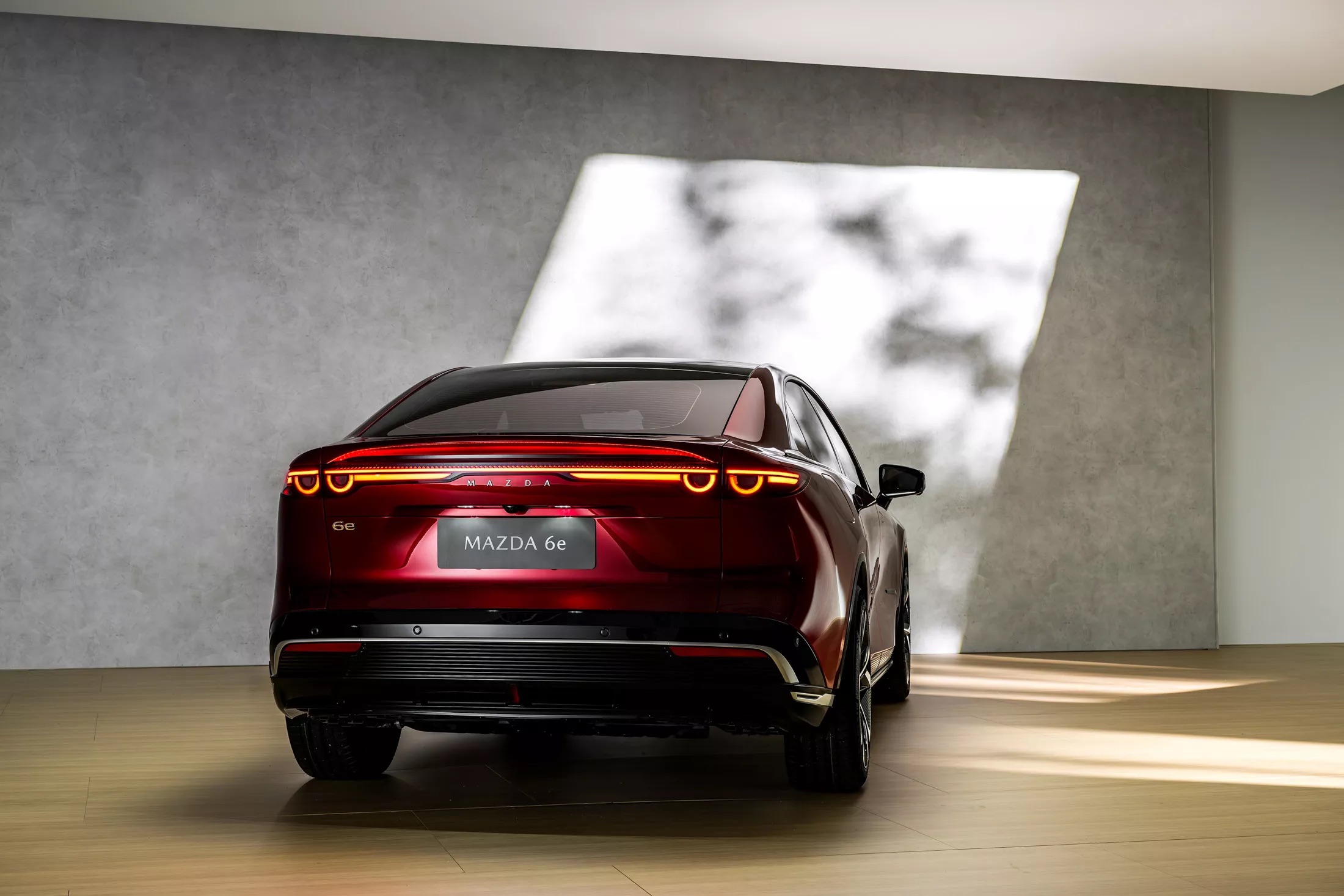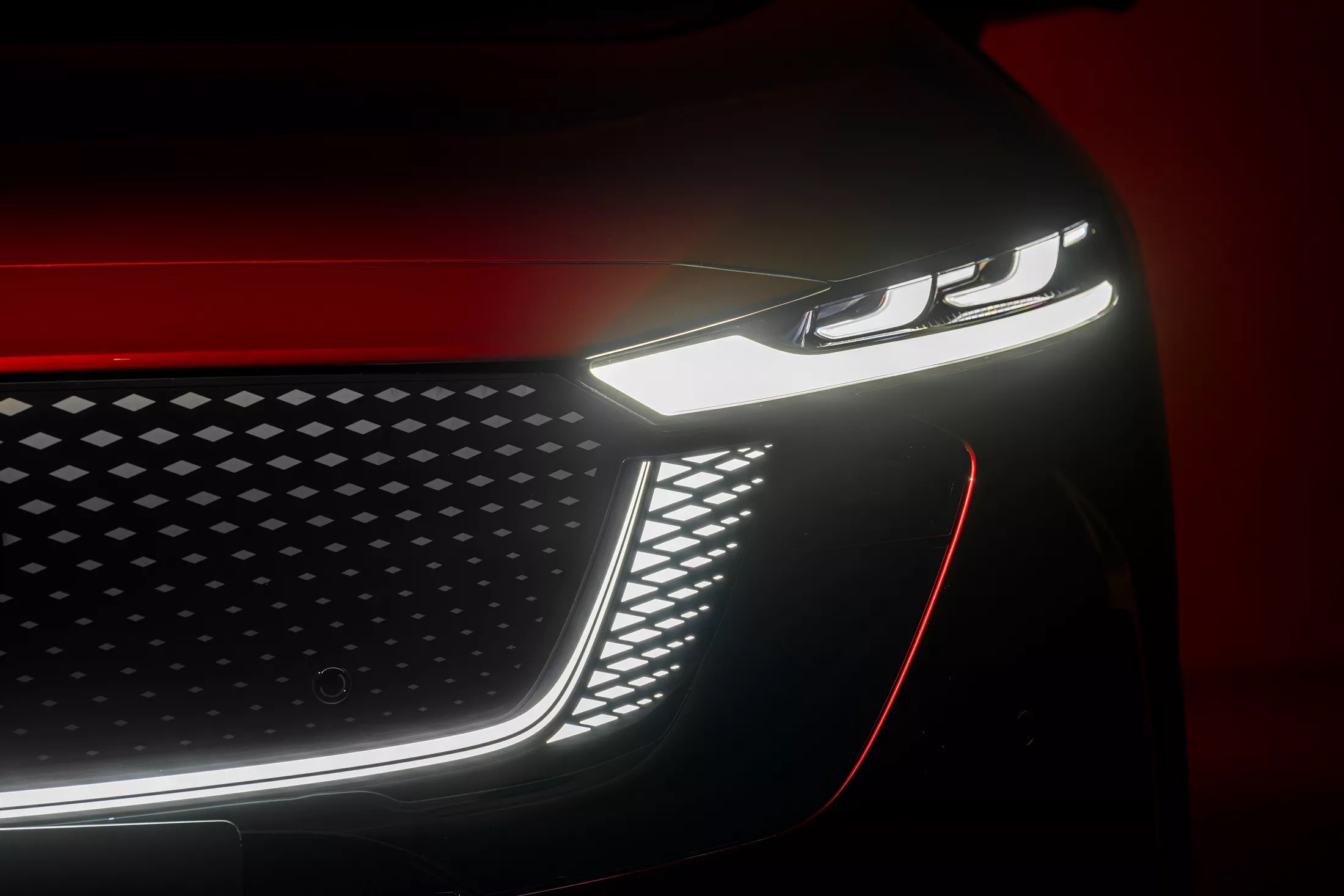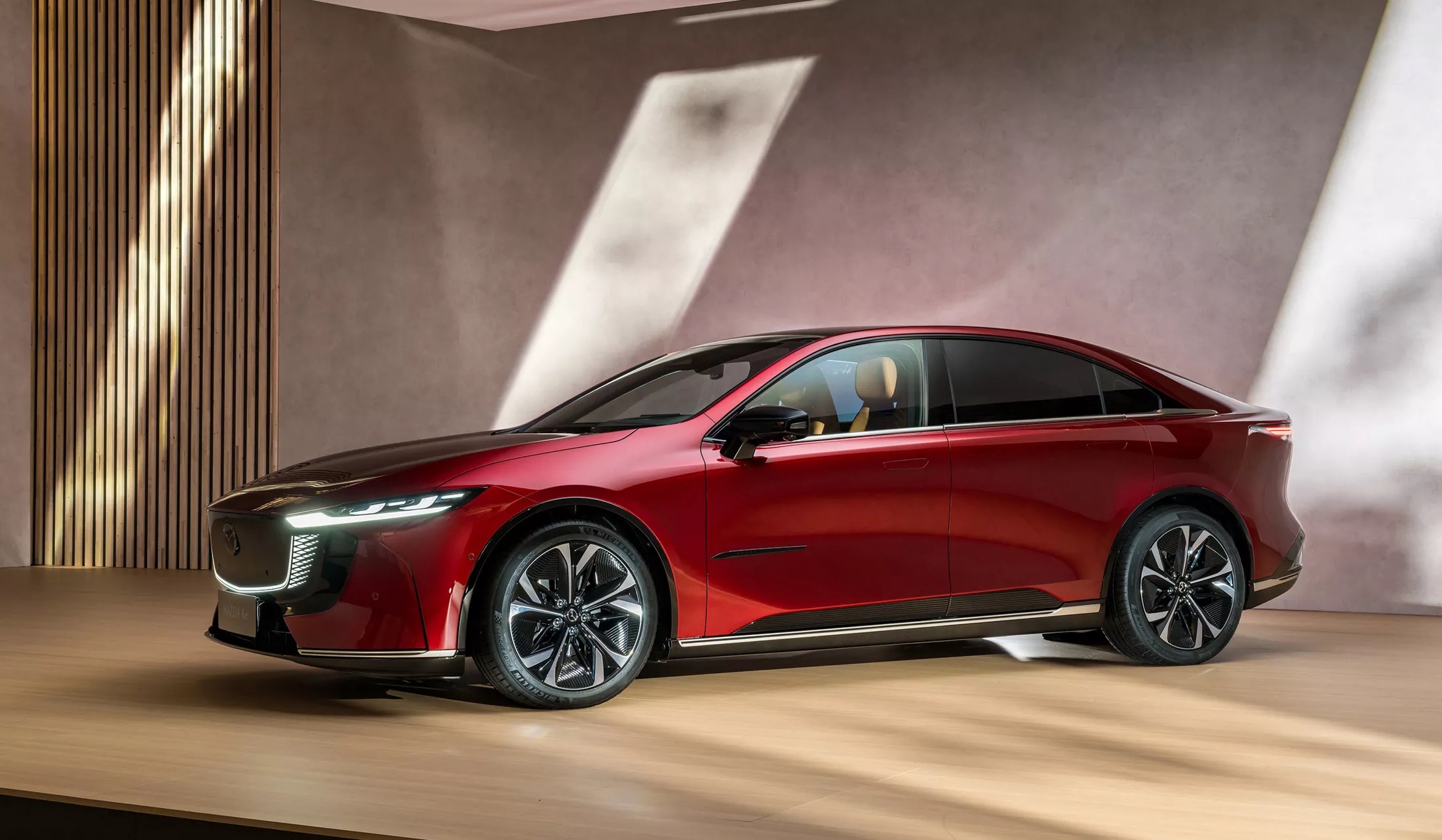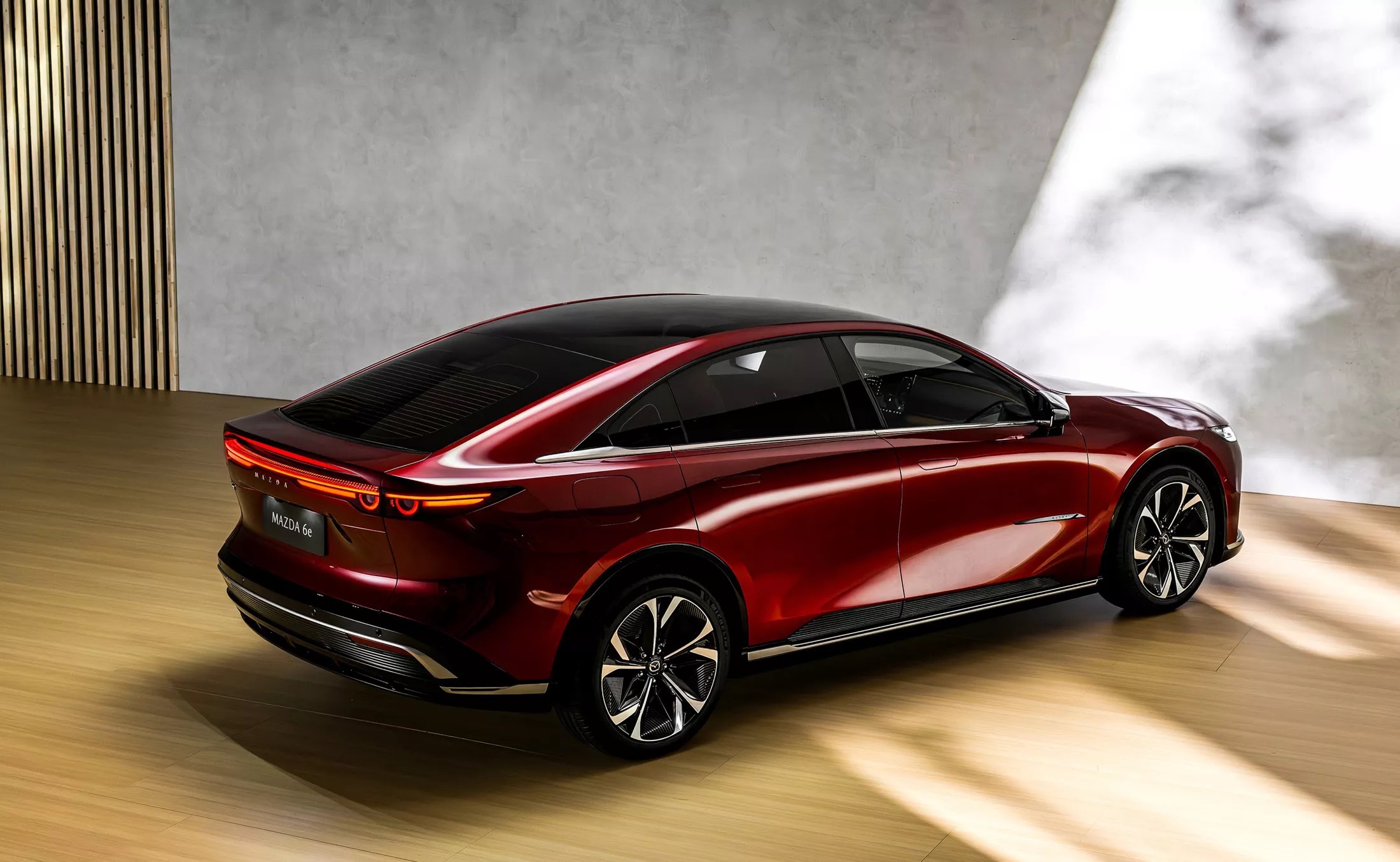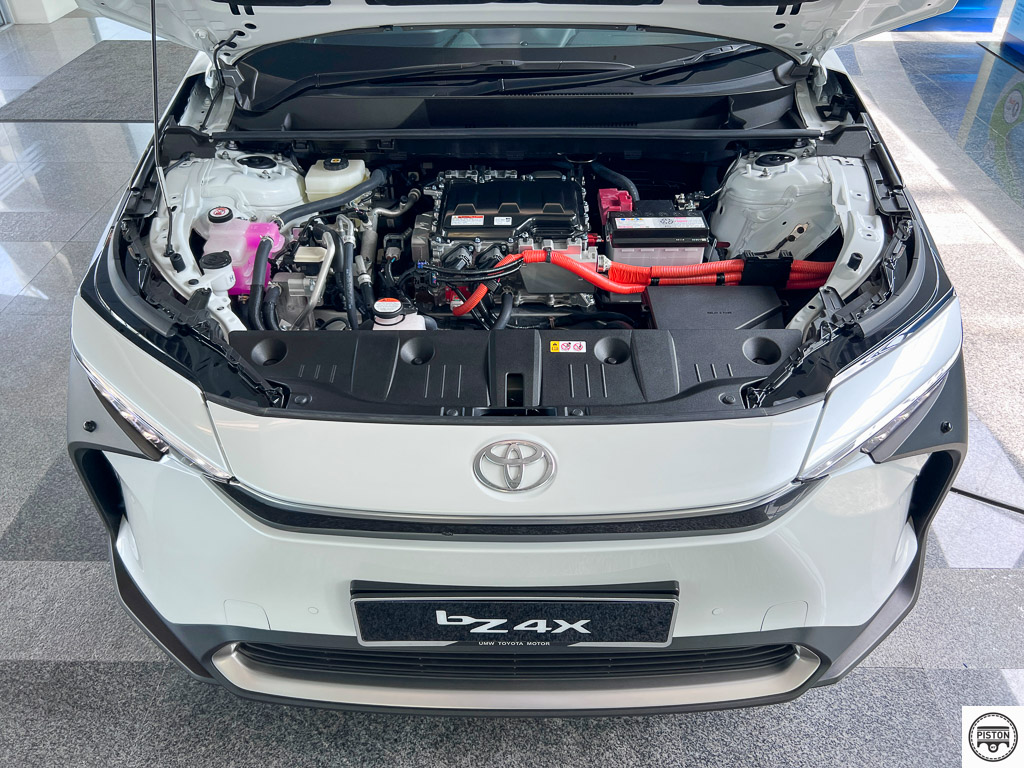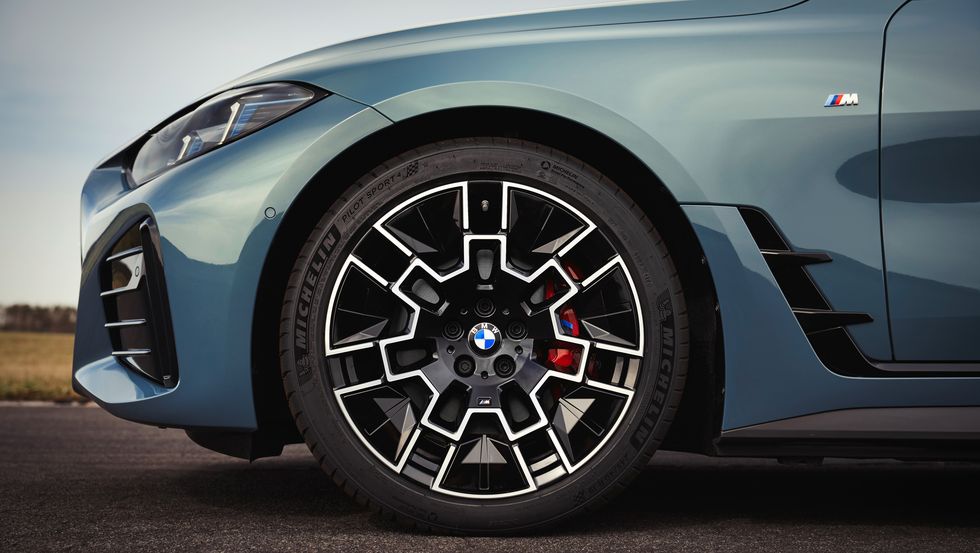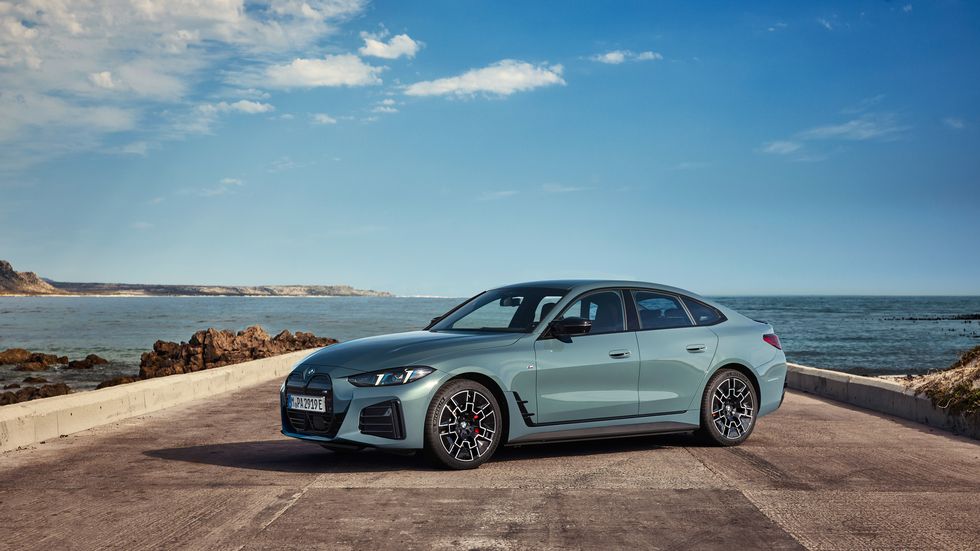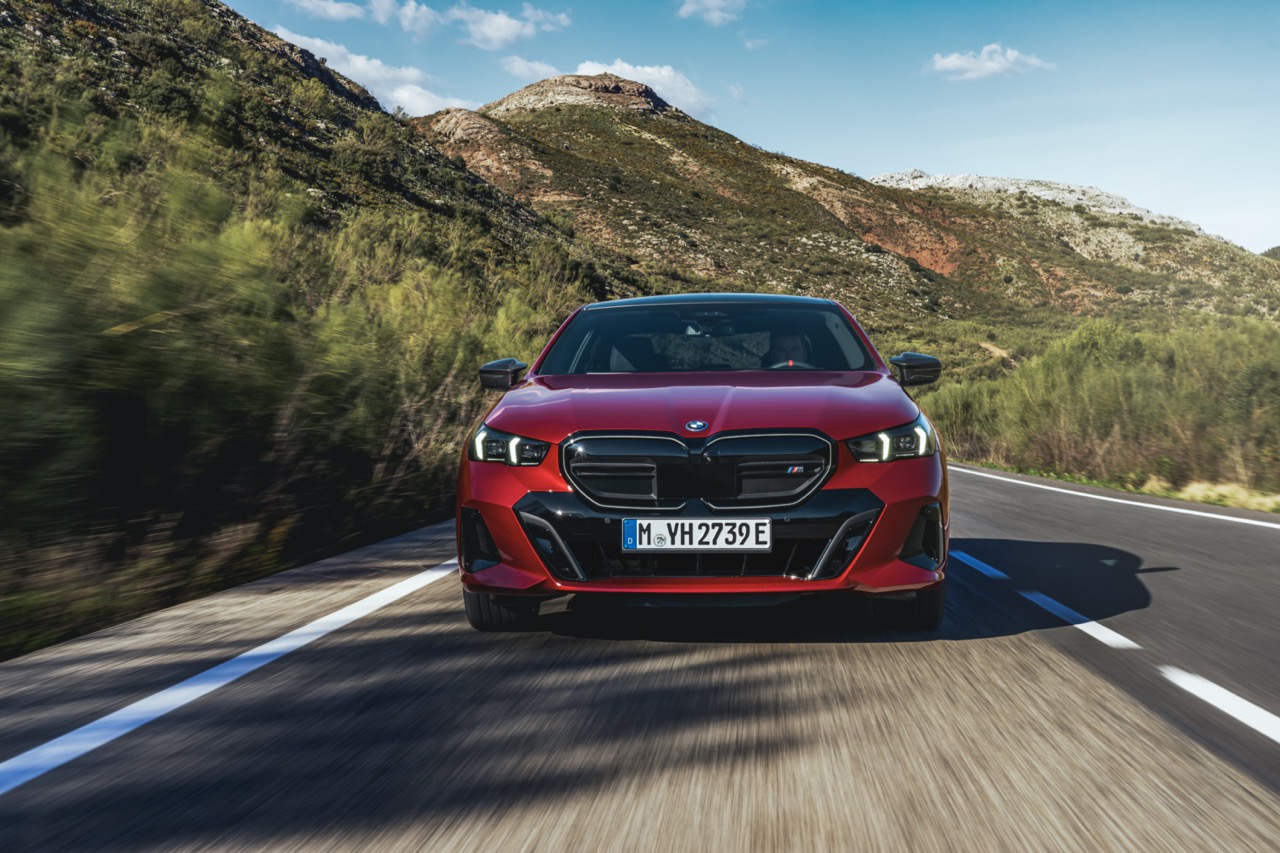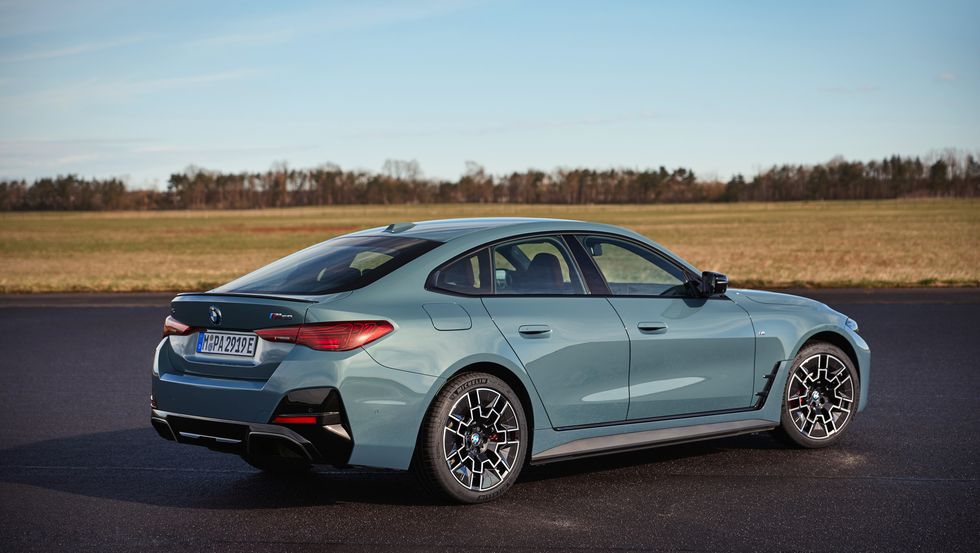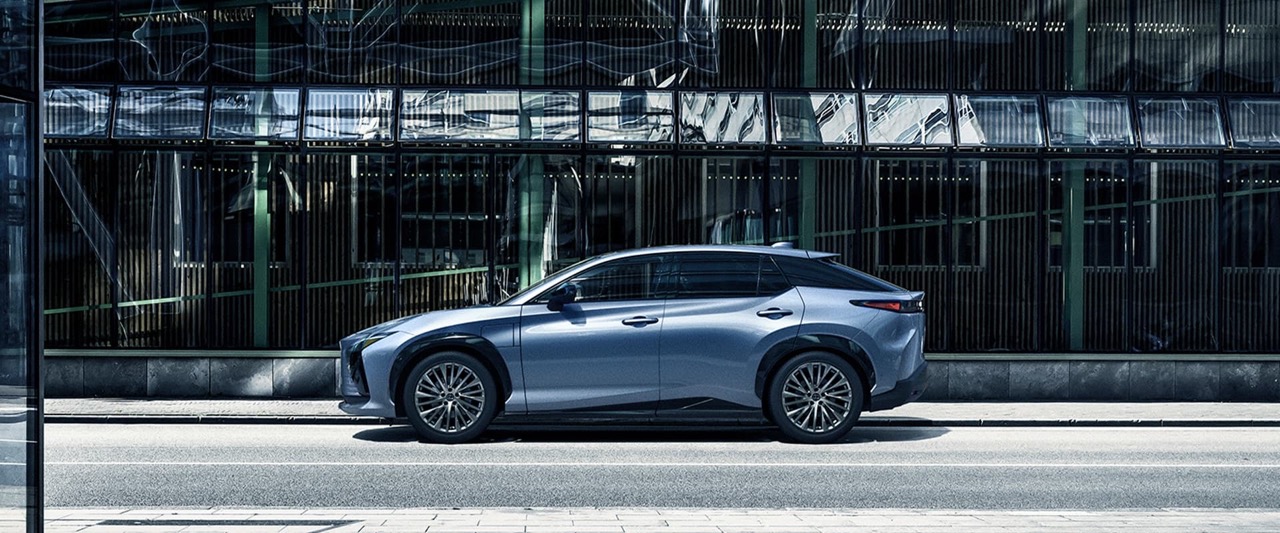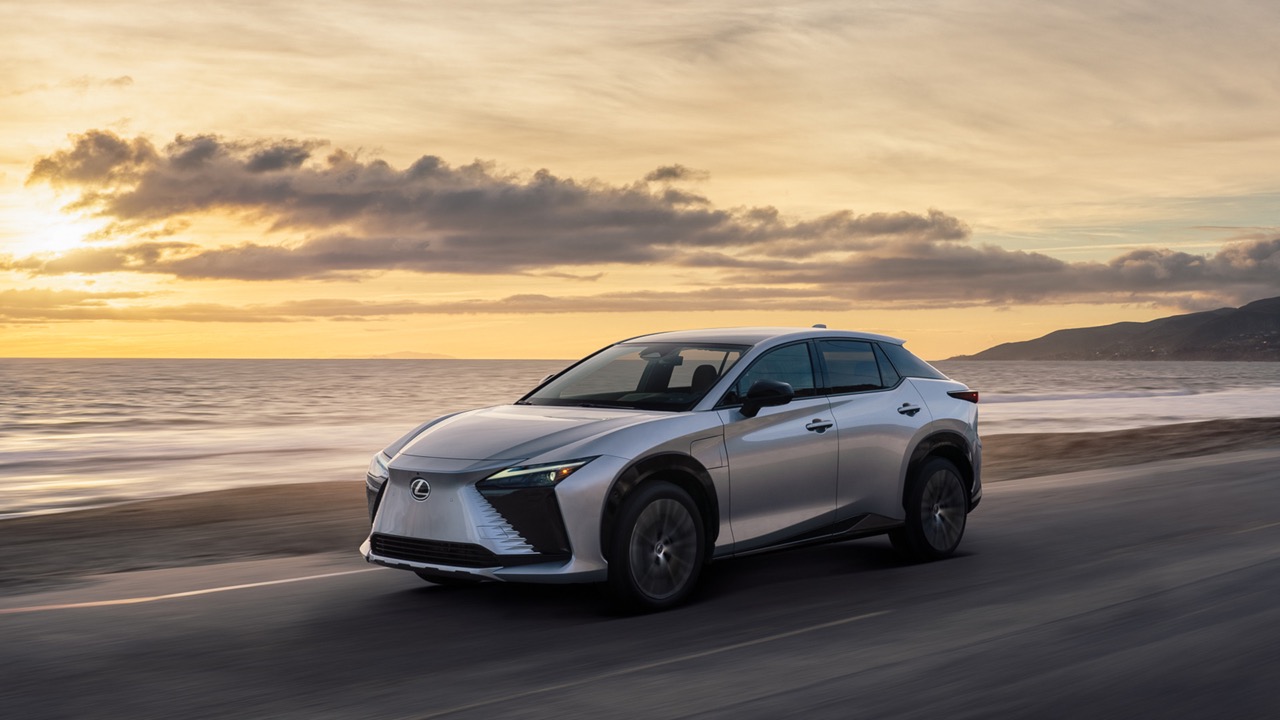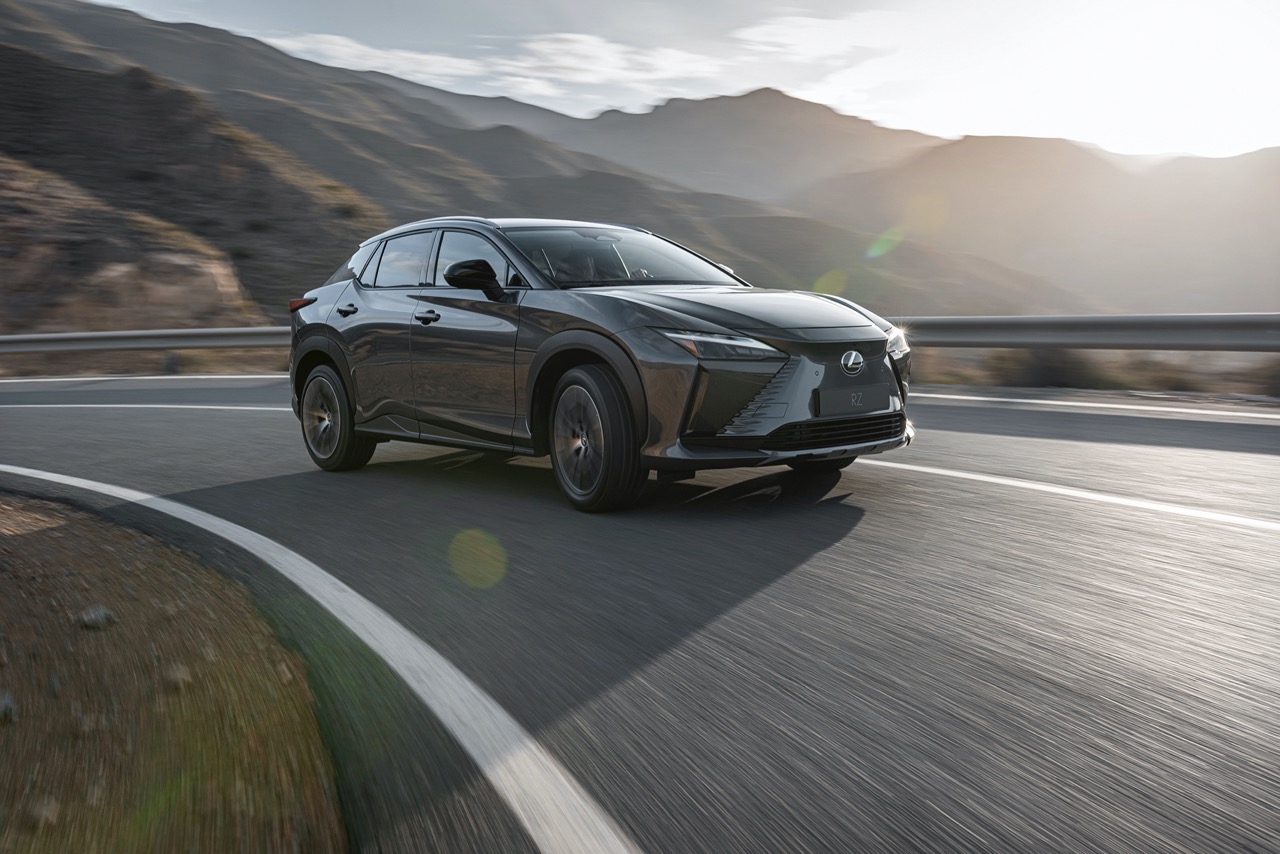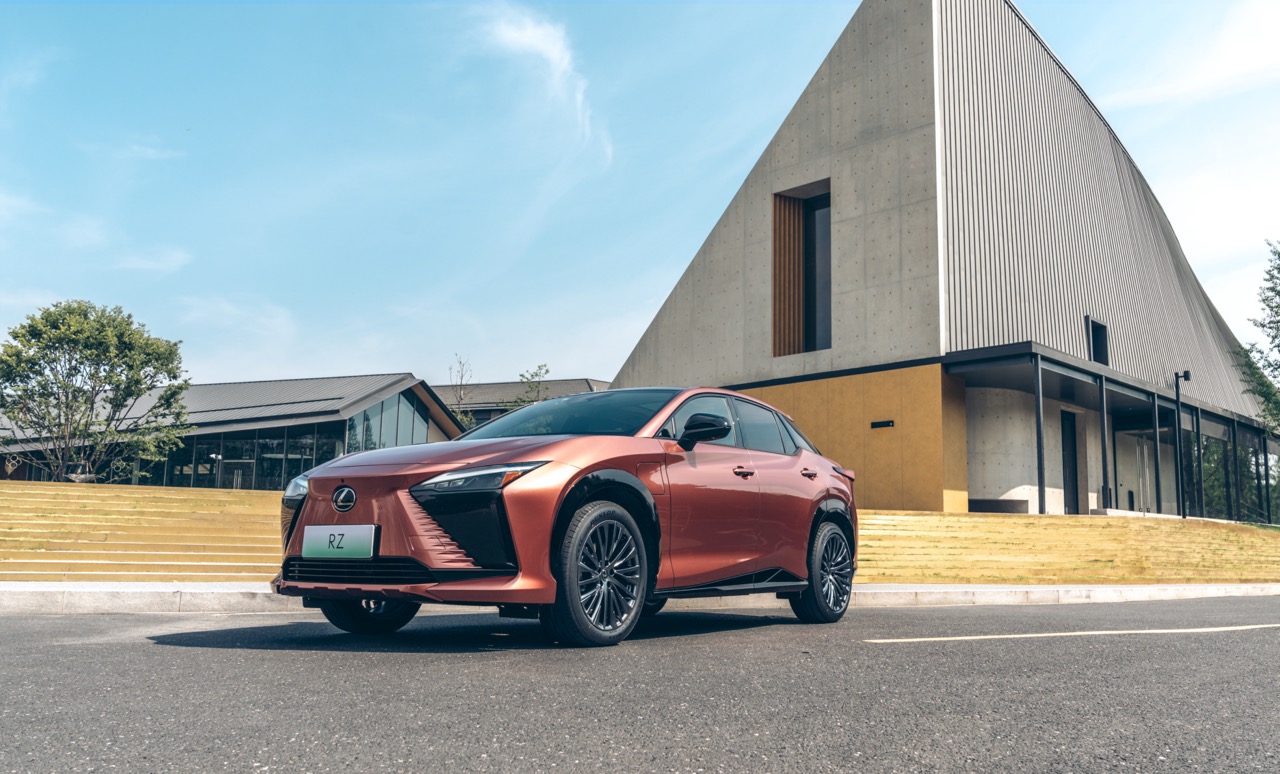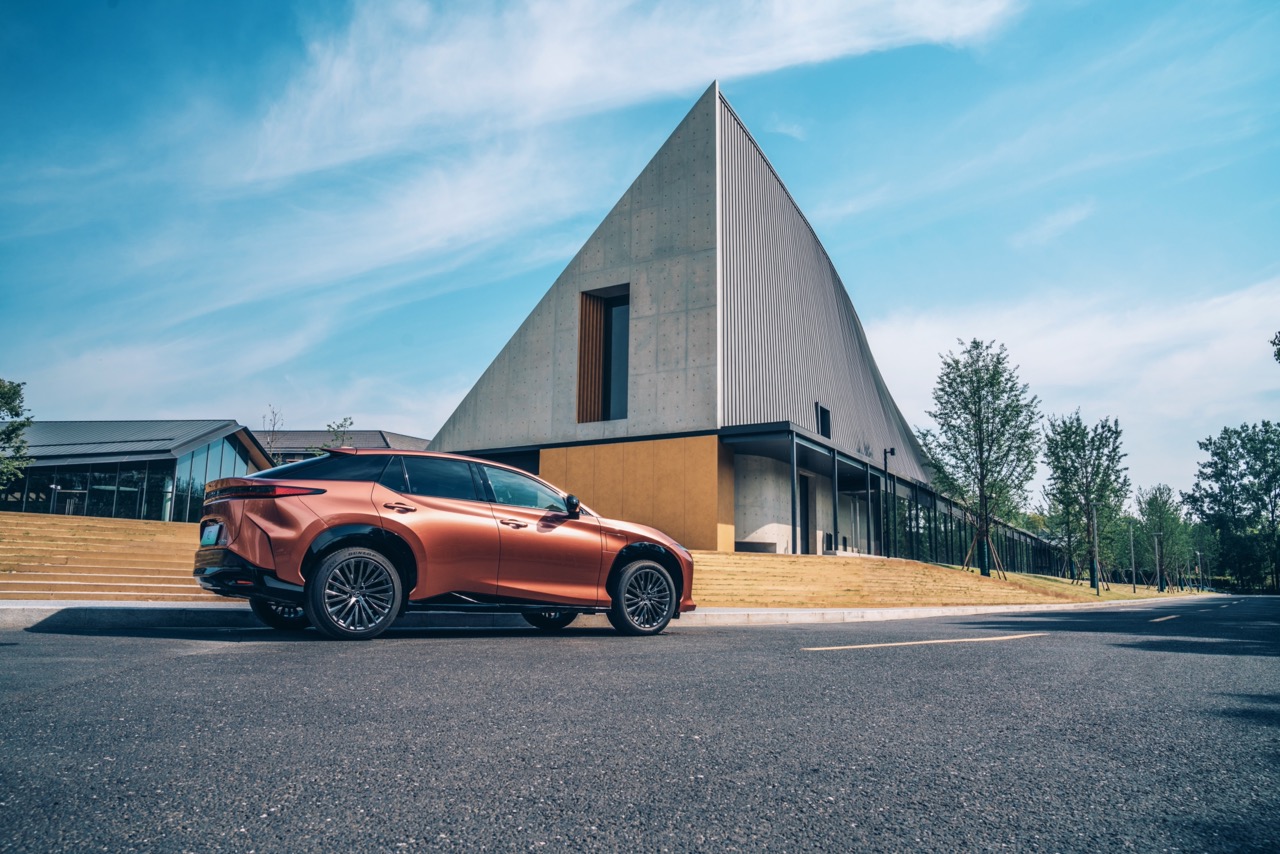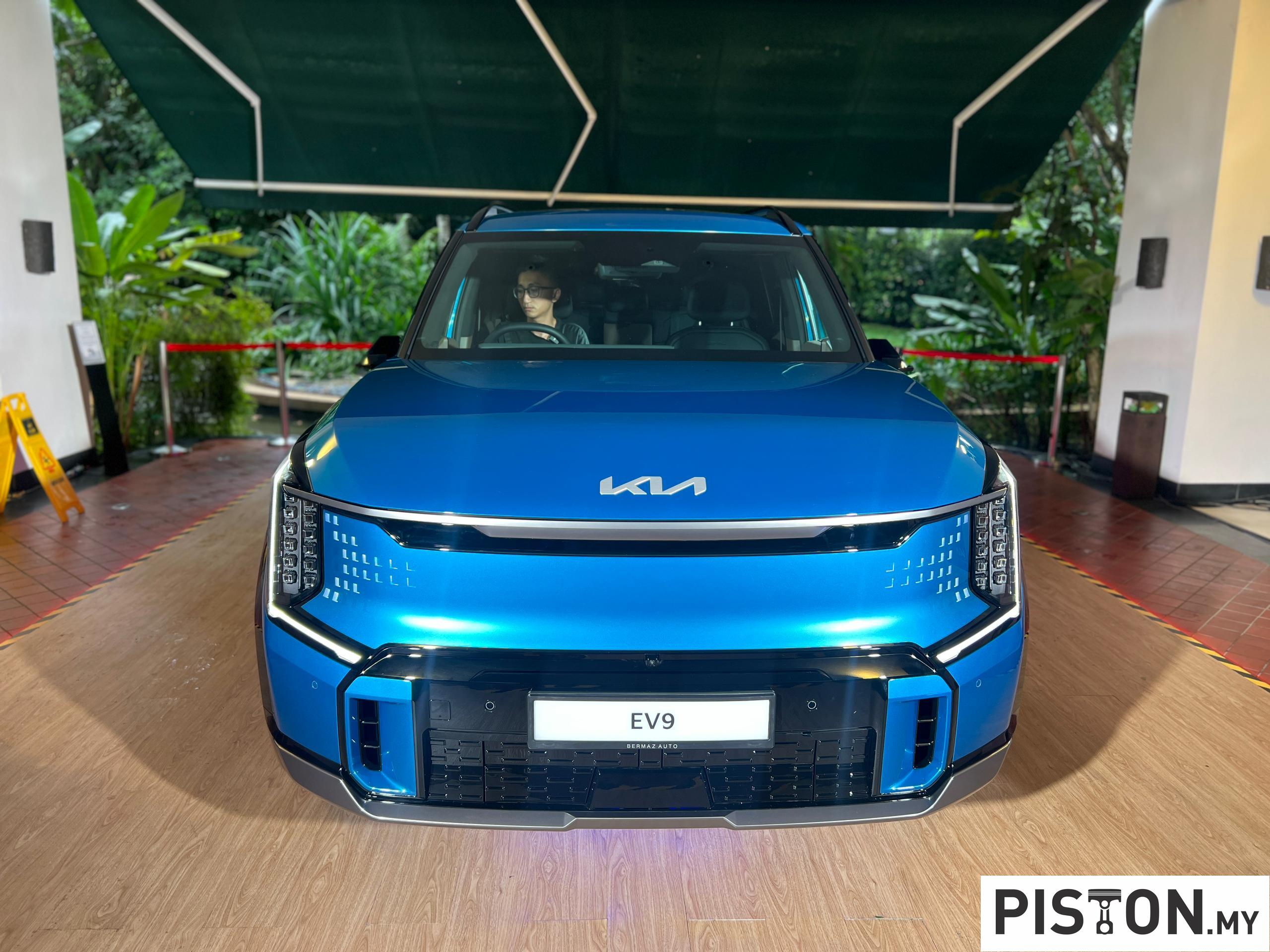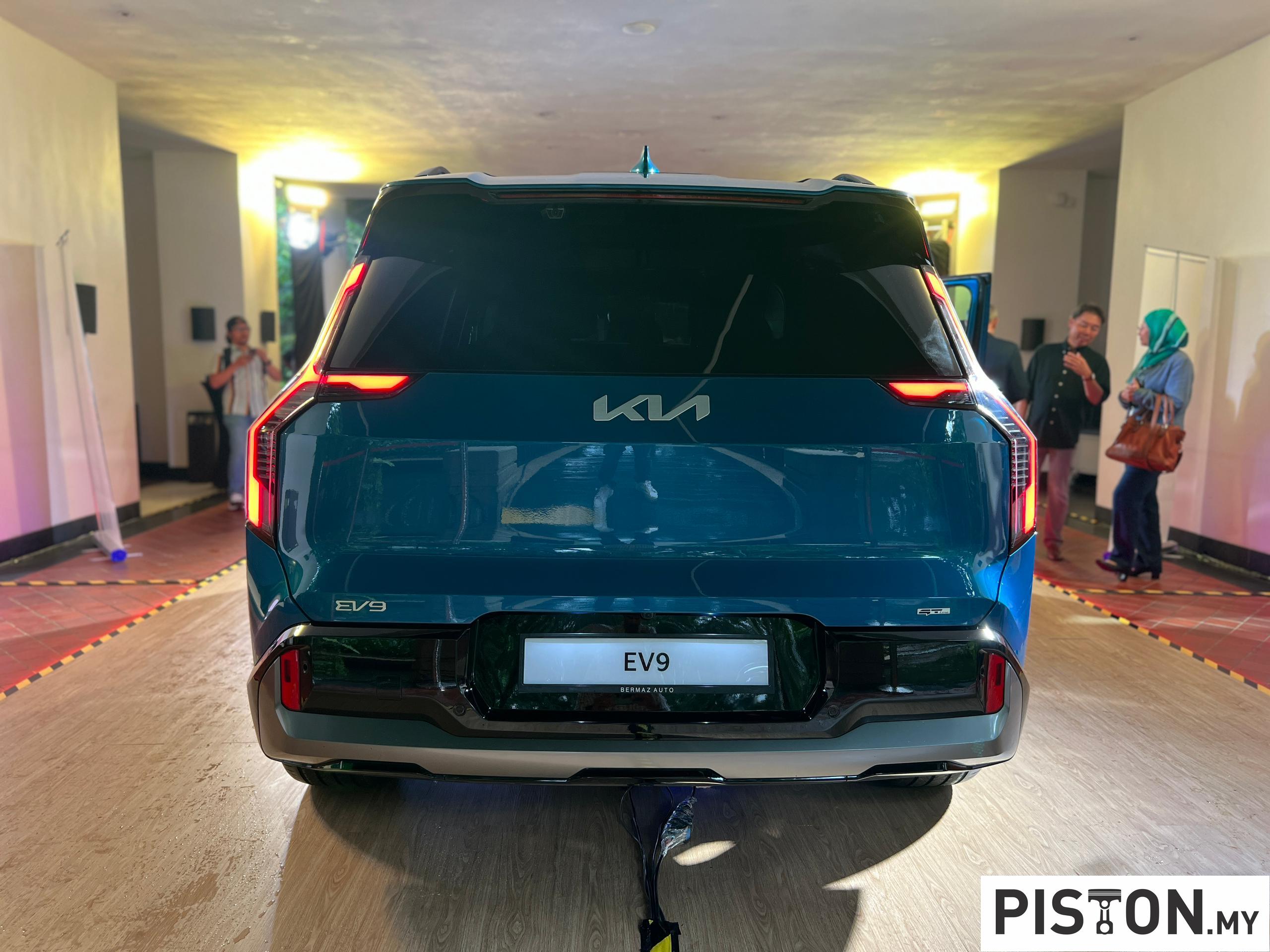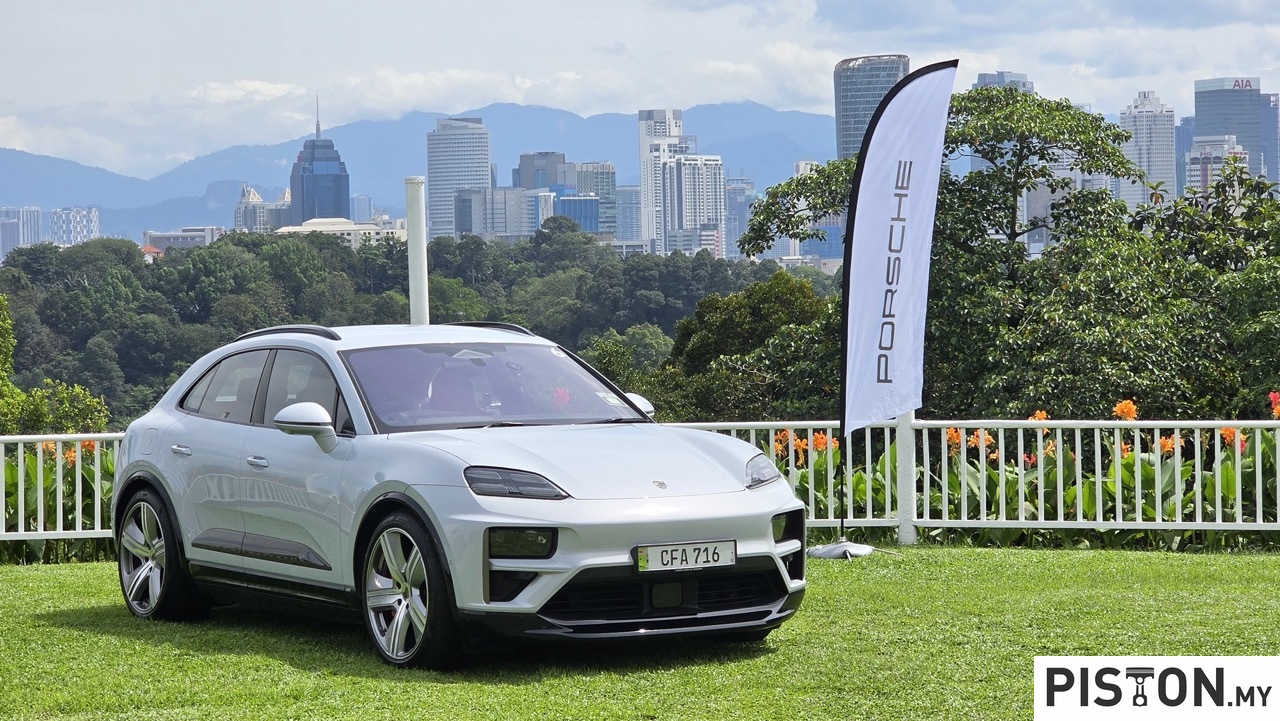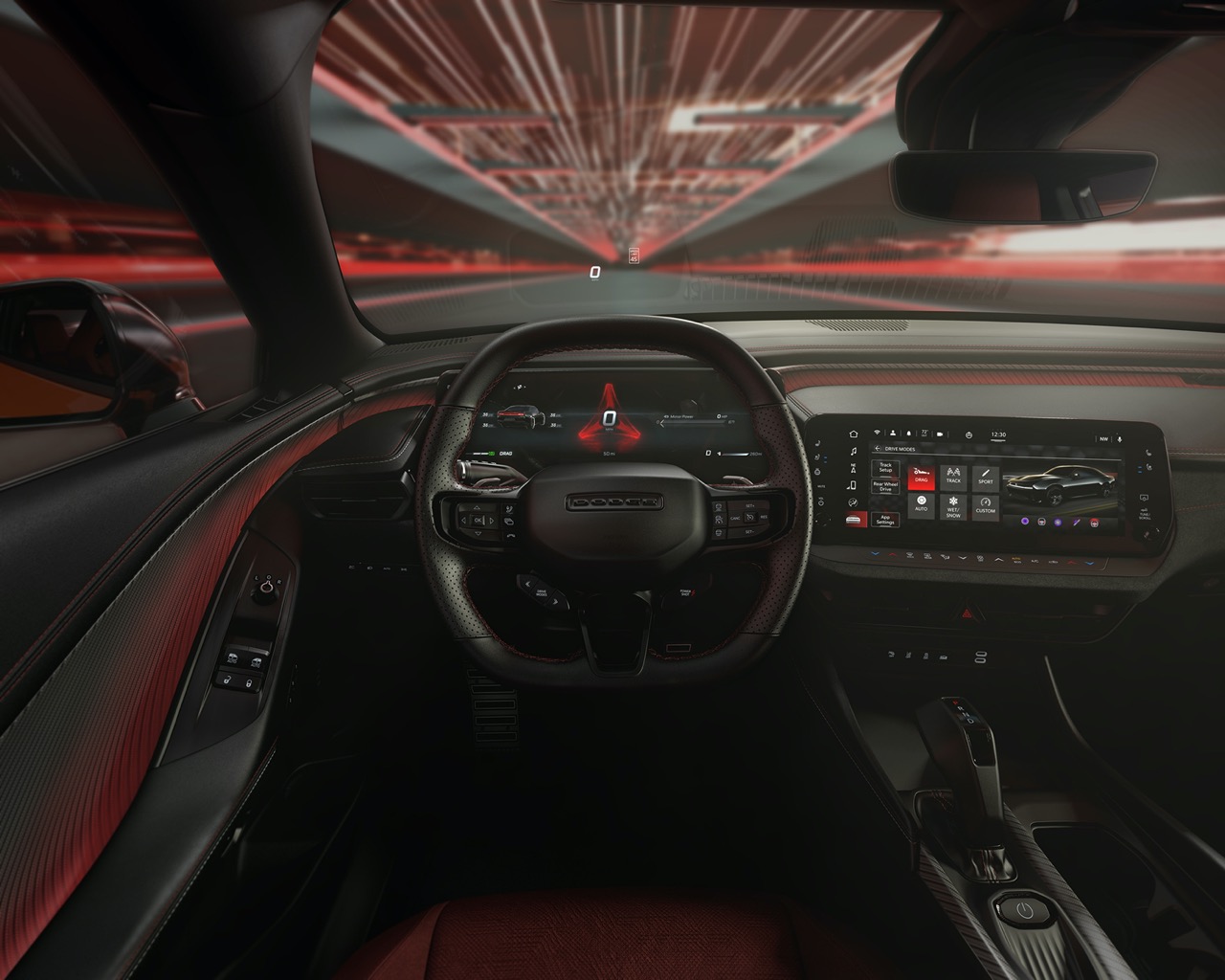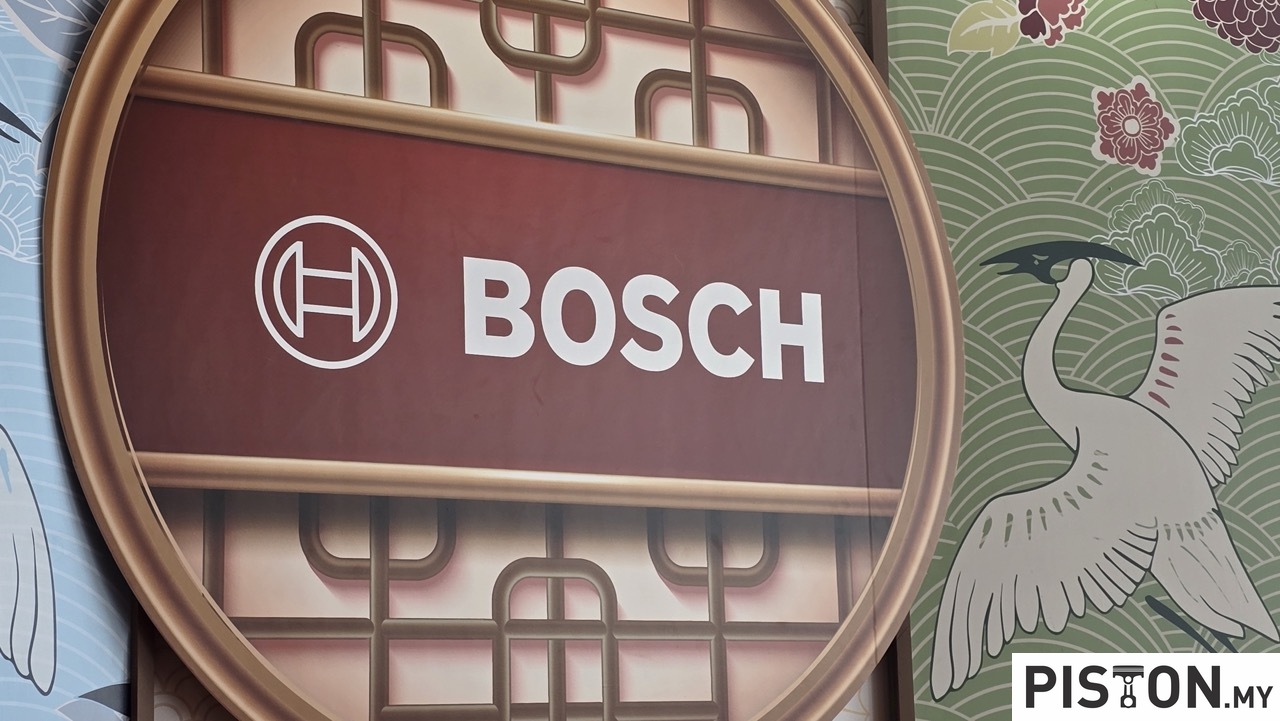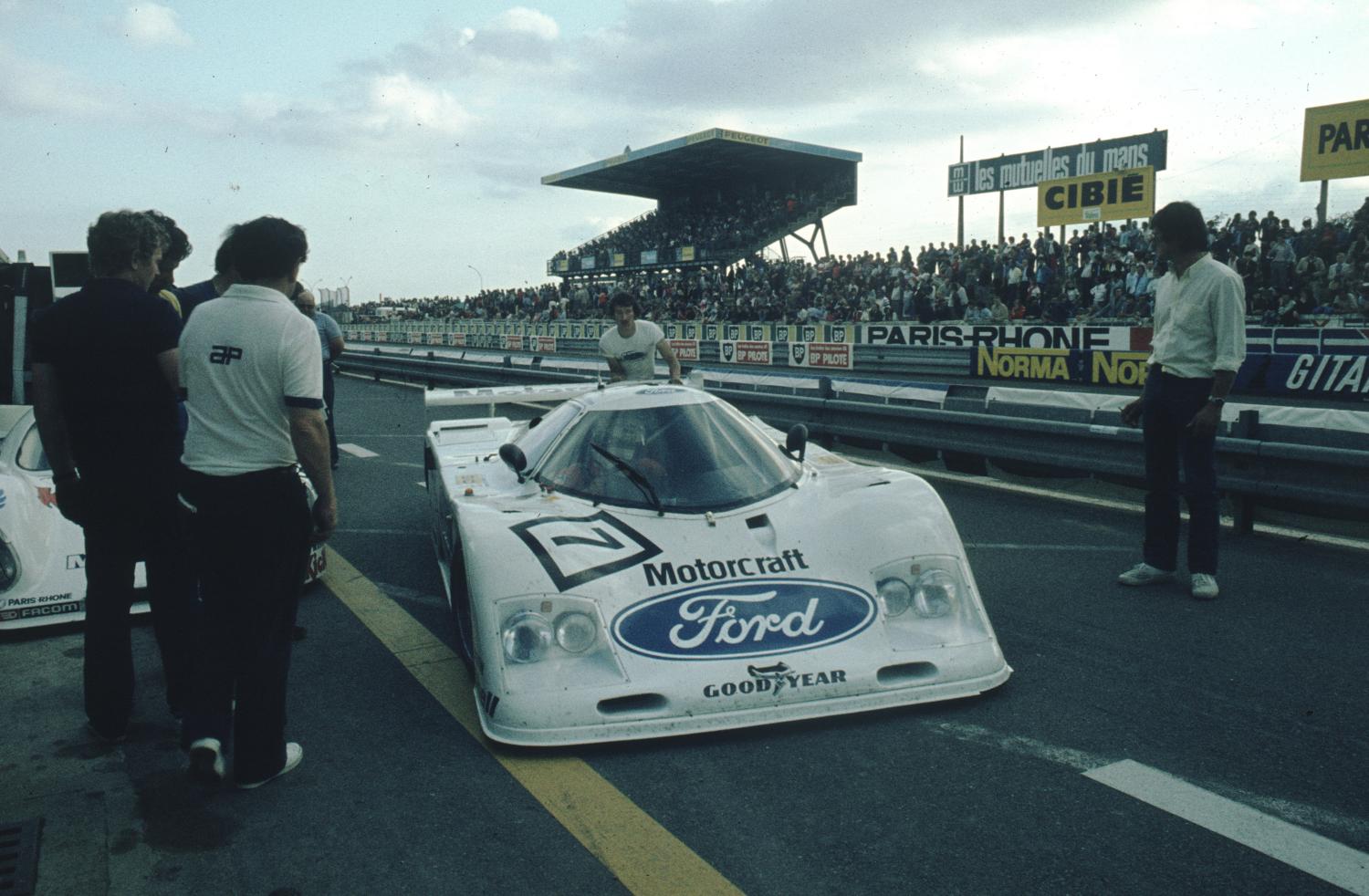Lexus telah memperkenalkan generasi terbaharu kenderaan elektrik bateri (BEV), RZ baharu, yang menandakan satu langkah penting dalam pengembangan jenama itu dalam pasaran kenderaan elektrik mewah. Model ini akan dilancarkan secara beransur-ansur di pelbagai pasaran global bermula September 2025.
Pengumuman ini mengukuhkan kedudukan Lexus sebagai peneraju dalam elektrifikasi kenderaan, selaras dengan pencapaian sejak pengenalan RX 400h pada tahun 2005. Menjelang 2024, jenama ini telah mencapai kejayaan signifikan dengan barisan kenderaan elektriknya, termasuk model hibrid, hibrid plug-in dan elektrik bateri, yang kini menyumbang lebih separuh daripada keseluruhan portfolio kenderaannya. Lexus kekal komited untuk meningkatkan penggunaan teknologi BEV serta memperhalusi teknologi mobiliti demi prestasi pemanduan yang lebih baik dan kelestarian alam sekitar.
RZ baharu menampilkan sistem BEV yang direka semula sepenuhnya, menawarkan kuasa motor yang lebih tinggi, jarak pemanduan yang lebih jauh serta masa pengecasan yang lebih pantas. Kejuruteraan baharu ini juga memperkenalkan sistem Steer-by-Wire generasi akan datang, meningkatkan ketepatan kawalan stereng serta responsif pemanduan. Selain itu, platform kenderaan telah diperhalusi bagi mengukuhkan tandatangan pemanduan Lexus, memberikan pengalaman lebih intuitif dan menarik buat pemandu. Sistem pacuan semua roda DIRECT4 turut dioptimumkan bagi memastikan tindak balas yang lebih cekap dan dinamik terhadap niat pemandu.




